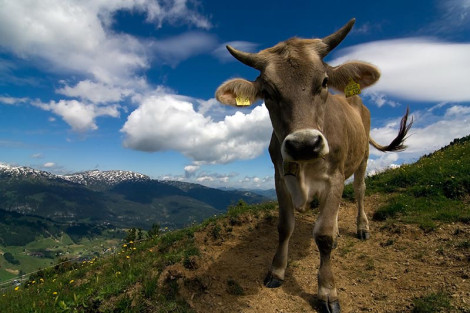Tony Juniper’s new book “What has nature ever done for us?” sheds an interesting light on how we manage the world’s resources. It highlights the knock on effect our actions have and the additional costs we have to burden by not managing properly the natural resources we have. His opening story is a staggering example. A summary from Martin Harper on the RSPB website states: During the 1990’s India’s three vulture species suffered a catastrophic decline. It was caused by an anti-inflammatory drug used to treat farm animals. Residues in the bodies of dead cattle and buffalo proved toxic to such birds and their numbers plummeted from about 40 million to a few tens of thousands.
Each year the vultures were eating about 12 million tonnes of rotting flesh. With the vultures’ gone this became food for wild dogs. Their population rocketed and more dog bites and human rabies infections followed. This in turn led to an estimated 50,000 or so more deaths than would otherwise have been the case. The cost of this and other consequences on India’s economy was (over a decade or so) put at an eye-watering US$34 billion.
Though our industry is not farming related directly this example demonstrates the effect we have on the world around us by actions taken without due consideration.
As an industry we should reverse the reputation we have for wasteful give-aways that end up being binned. Instead it’s essential that we become more mindful of our environment and demonstrate a joined up approach to reducing wasteful promotional gifts and rather provide lasting useful items instead. At a recent lunch I was presented with my “goodie bag” and quite frankly horrified by what I received. Before making my journey home I ended up leaving between 70-80% of the items on the table. The worst examples included a fully printed cardboard box with 2 synthetic fibre “snow-balls” with the instructions on the box telling me to throw them at somebody. Another was a T-Shirt printed with the available print area, item code, and number of available prints; it may even have listed the lead time as well. Who in their right mind is ever going to wear such a T-Shirt? The amount of water used to make that T-Shirt exceeds 1500 litres, not to mention the pesticides, fertilisers and herbicides used as well. In Tony Junipers book he states that soil erosion through intensive farming removes up to forty times as much soil as is being replenished naturally. Without a sustainable top soil there will be no cotton let alone food crops grown. We live in a fragile world; please think again before supplying or providing such meaningless and wasteful items opt for recycled promotional gifts instead. It reflects badly on those giving them away as well as the industry in general.







